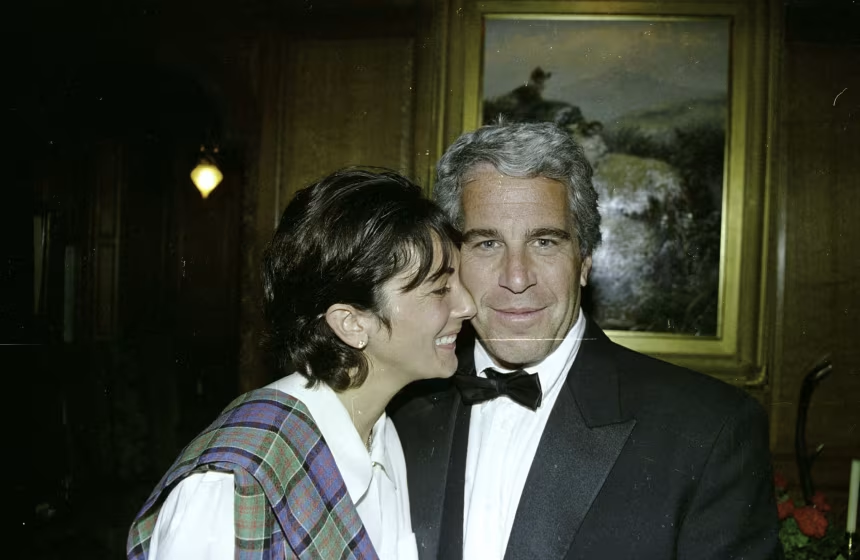
New claims of a cover-up involving Jeffrey Epstein are acquiring renewed traction—now, with accusations directly aimed at the Trump administration. Survivors, their supporters, and investigators contend that recent behaviors—or lack of action—imply that essential Epstein-related documents are being concealed, furthering skepticism towards legal and political entities.
A newly published survey showed that 67% of Americans think the government is hiding information about the Epstein case, and almost 80% are calling for complete transparency.
This feeling has only grown stronger due to events involving the Justice Department (DOJ) and the Trump administration.
The controversy primarily revolves around Attorney General Pam Bondi and Deputy AG Todd Blanche, who allegedly informed President Trump in May that his name is mentioned several times in Epstein’s documents.
Even with this discovery, the administration’s following communications have been erratic—occasionally indicating a willingness to engage, while at other times downplaying the issue as exaggerated or driven by politics.
To add complexity, Vice President J.D. Vance called a covert meeting—featuring Bondi, Blanche, FBI Director Kash Patel, and White House Chief of Staff Susie Wiles—to devise public response tactics regarding the Epstein aftermath.
Satirist Stephen Colbert likened the event to “masking the concealment,” reflecting the increasing doubt among witnesses.
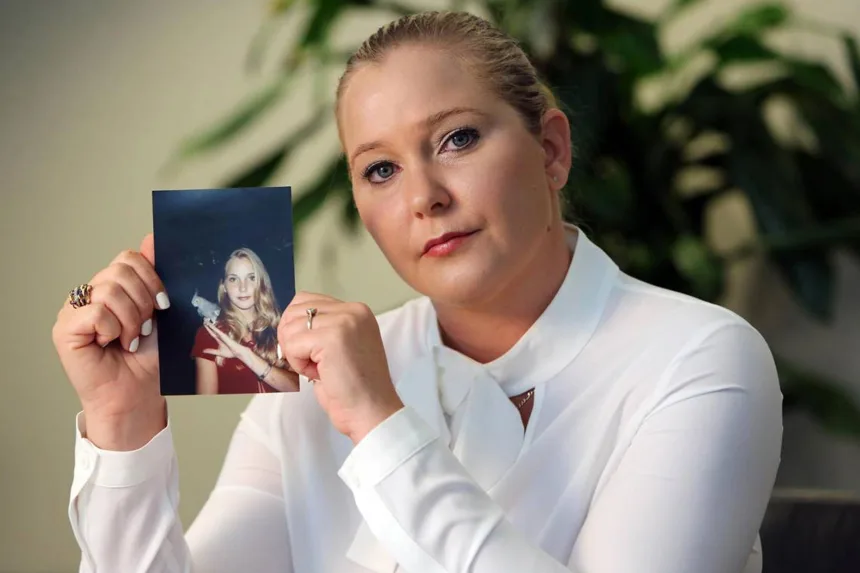
At the same time, the Justice Department is advocating for the release of grand jury transcripts, while Maxwell’s attorneys are against increased disclosure due to confidentiality issues. The DOJ asserts that a significant portion of the material is already accessible to the public
In this context, a House oversight committee has issued subpoenas for Epstein documents, requesting both the DOJ and notable individuals—such as Bill and Hillary Clinton—to provide pertinent records and give testimony.
Those affected and their advocates perceive these actions as not merely administrative errors—they interpret them as indications of deliberate oppression. Many speculate that Trump’s name is in documents not due to misconduct, but because disclosing them might provoke unending examination.
As public demand rises and political tensions mount, the Epstein saga is unfolding a new phase—where hidden truths and changing allegiances intersect, and where responsibility remains unclear
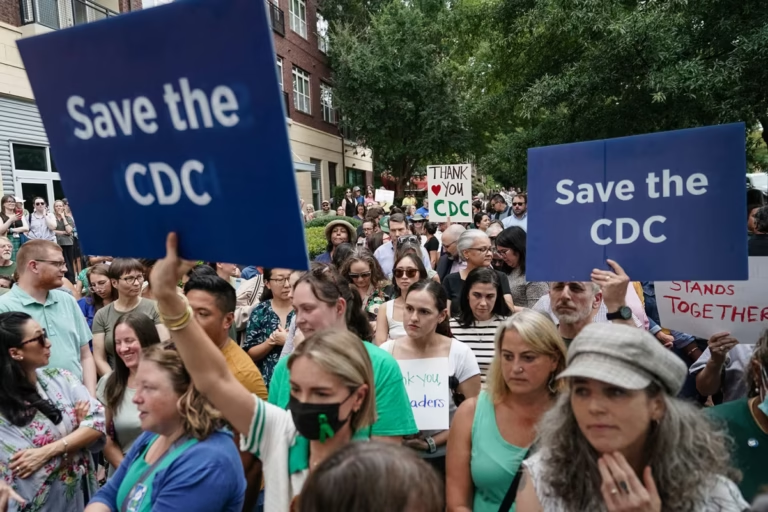
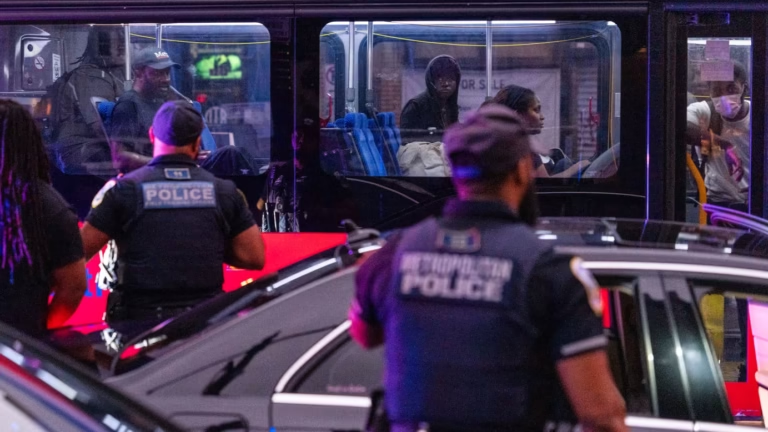
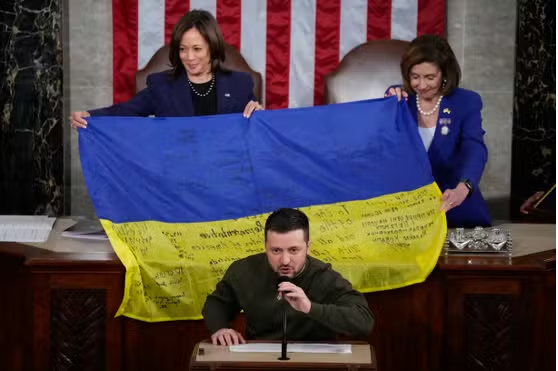
great